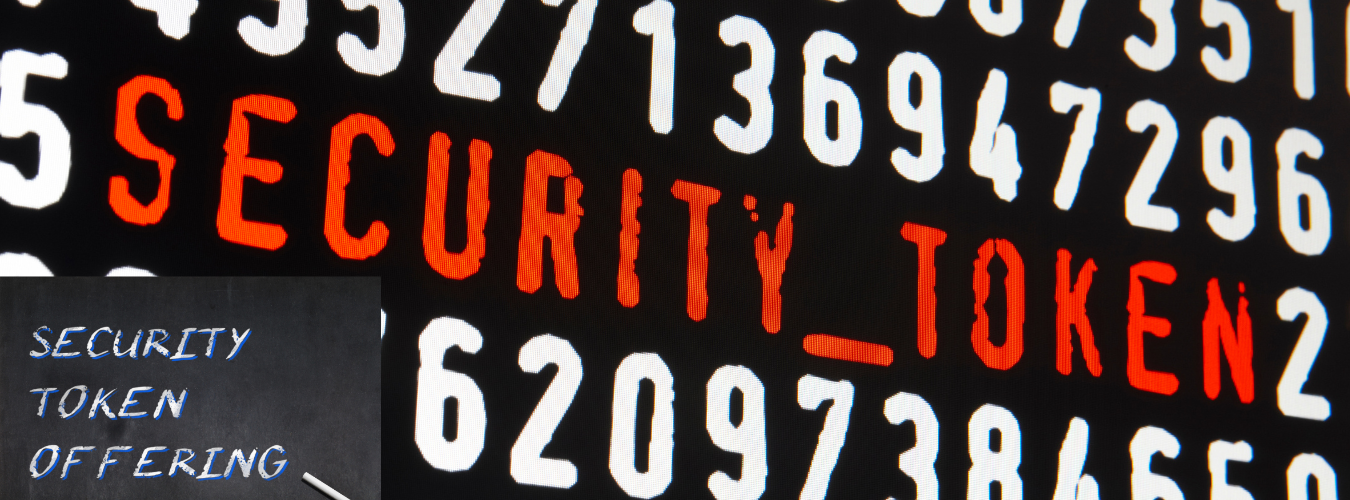
Security tokens backed by real assets like real estate or company shares fall under securities laws and should therefore be considered different than cryptocurrencies and utility tokens.
To successfully conduct Security token offerings, it’s necessary to follow all applicable regulations when raising funds and listing tokens on exchanges. In the next paragraphs, the basics of conducting a compliant Security token offering including selecting your token platform and meeting regulatory requirements for conducting one are discussed.
Legal aspects
Security tokens are digital representations of real-world assets and serve as an efficient method for raising funds. Similar to shares or bonds in terms of investor stake, these digital representations must comply with securities laws before being traded; failing to do so may result in losing credibility for your project, along with fines from regulatory bodies and fines as penalties from regulators.
As well as making sure that your security token offerings pass legal tests, it’s also vitally important that it complies with various countries’ regulatory frameworks. Token issuance can be an intricate process involving multiple players including banks, custodians, trustees, exchanges, brokers, valuers, and auditors.
Security law implications
While STOs make raising capital easier for companies and sharing ownership or profits easier than ever before, they do pose certain risks that must be carefully considered to minimize. Issuers must structure each STO to avoid potential pitfalls such as complying with securities laws – the best way of doing this is working with an attorney who is familiar with them as well as how courts have interpreted them in new situations.
Launching an STO involves many moving parts, so having an experienced team at your side to guide the process can be invaluable. Legal advice can assist with selecting an appropriate security token type and structuring it to provide investors with specific rights; furthermore, they will advise you on the issuance process and regulatory requirements required for marketing your STO.
STOs must take place in a country with adequate laws and regulations governing their issuance, such as the UK. There are extensive securities trading and issuance rules in place that facilitate smooth STO operations there; furthermore, regulators such as Financial Conduct Authority offer market participants a testing sandbox to test out STO systems before deployment; this ensures an uninterrupted STO ecosystem, thus mitigating risks to both investors and platform operators alike.
Singapore has specifically clarified that its laws cover tokenized assets by adopting a technology-neutral regulatory approach (MAS, 2018). Meanwhile, in the US the SEC permits startups to utilize specific exemptions for primary offers and secondary market trading activities (Berry et al, 2018).
Comments
Security tokens represent ownership of assets such as company stock or debt, shares in an investment fund, or pooled loans. Investors participating in security token offerings must abide by all relevant rules and regulations to avoid penalties.
Security tokens offer many advantages over their traditional counterparts in terms of ICOs and IPOs. Blockchain technology provides them with flexibility, as they can represent various investments. Flexibility is crucial in attracting investors as an industry evolves, and tokenization offers a way for entrepreneurs and investors alike to raise money more easily. Before launching a securities trading offering (STO), it’s vital that all applicable laws have been adhered to. If in doubt about your legal obligations, consult a specialist in securities law for guidance; this will allow you to avoid potential legal pitfalls and maximize returns from your STO.







